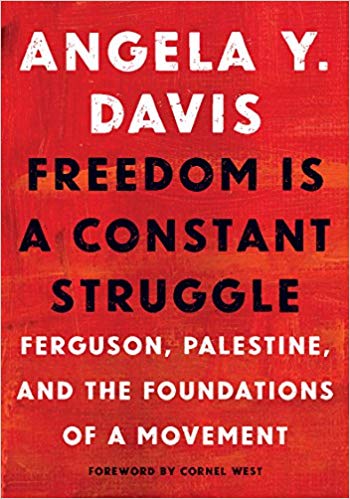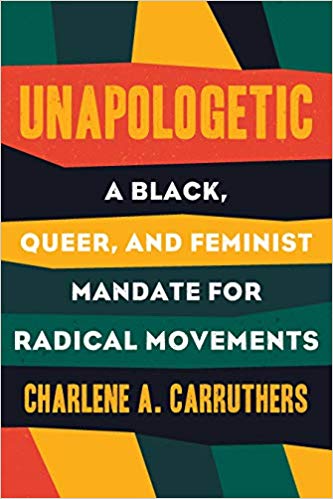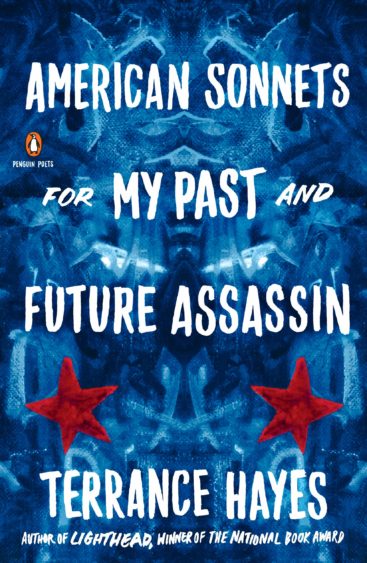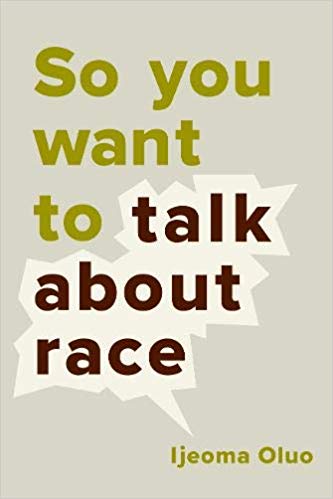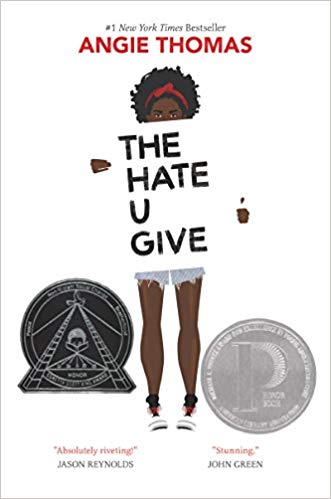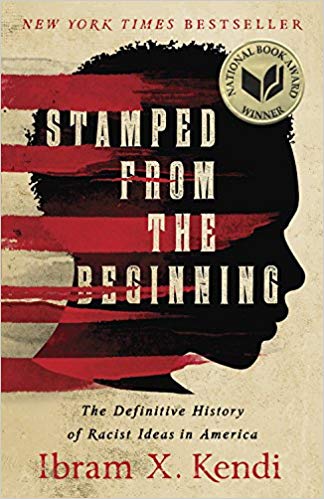Black History Month is an invitation to listen to the stories and insights of Black individuals and communities in America in a way that affirms and celebrates dignity and humanity. It is a crucial annual rhythm, but one that cannot—and should not—be contained to just one month (not to mention the shortest month) out of the year.
So as we near the end of February, we asked faculty, staff, and students to weigh in on texts by Black authors that have challenged, provoked, enlightened, and inspired them. The stories and ideas recommended here are enough to keep us reading and learning all year long. And may it be so.
Freedom Is a Constant Struggle by Angela Davis
“This woman is an idol to me—profoundly courageous, thoughtful, able to see and speak to intersections between race, class, gender, and systems of oppression, like few I have read. This woman lost her professorship to a threatened governor of California, Ronald Reagan. She went to court and took it back!” –Dr. Ron Ruthruff, Associate Professor of Theology & Culture
Unapologetic: A Black, Queer, and Feminist Mandate for Radical Movements by Charlene A. Carruthers
“This book offers collected insights on collective liberation that are clear and deeply personal, by way of Black liberation and the Black radical tradition. Carruthers offers a critical voice rooted in ‘Black radical, feminist, queer, and anti-capitalist theories and practices.’ It is fire and it offers readers a way to sharpen their views and action.” –Jennifer Fernandez, Assistant Instructor
American Sonnets for My Past and Future Assassin by Terrance Hayes
“The poems in this collection are crafted with a velocity that burned as I read and is burning still, months after finishing. With an ear to history and an eye on the present, Hayes writes about Black life in a country that has demonized and violated Blackness for centuries. Both political and personal, his work astutely diagnoses our national systems while still packing the romance and desire of a classic sonnet. The relationship between prophet and artist has never seemed clearer to me.” –Beau Denton, Content Curator
So You Want to Talk About Race by Ijeoma Oluo
“Oluo’s work is a powerful, enlightening, and accessible ‘actionable exploration of today’s racial landscape, offering straightforward clarity that readers of all races need to contribute to the dismantling of the racial divide.’ With chapter titles such as ‘What is Racism?,’ ‘What If I Talk about Race Wrong?,’ ‘What are Microaggressions?,’ and ‘Talking is Great, but What Else Can I Do?,’ Oluo’s work should be required reading for all.” –Millicent Haase, Master of Divinity student
The Hate U Give by Angie Thomas
“Several months ago I read The Hate U Give and found it profoundly impacting. It helped me to see in a small way what it must be like to be a young woman of color trying to be herself while also trying to fit in to both the exclusive, predominantly white high school she attends and the poor, diverse neighborhood where she lives. It is a Young Adult book, fairly easy to read on the surface, and very thought-provoking both while you are reading it and as you process it later.” –Cheryl Goodwin, Director of Institutional Assessment & Library Services
Stamped from the Beginning by Ibram X. Kendi
“I dare you to read a book on history for Black History Month. You will discover that racist ideas don’t create systems of oppression, but rather systems of oppression need racist ideas to do the evil and intentional work of racism. Thank you, Dr. Kendi.” –Dr. Ron Ruthruff
Notes of a Native Son by James Baldwin
“I grew up reading novels by Baldwin but this was the first book of his essays that I picked up, and it changed me. The spiritual work being done by Baldwin in these pages is arduous as it demands that the reader think differently, see differently, do differently. His reflections are just as relevant today as they were in 1955 when they were written.” –Jennifer Fernandez
For contemporary fiction, Kate Davis, Director of the Resilient Leaders Project, offers a few recommendations:
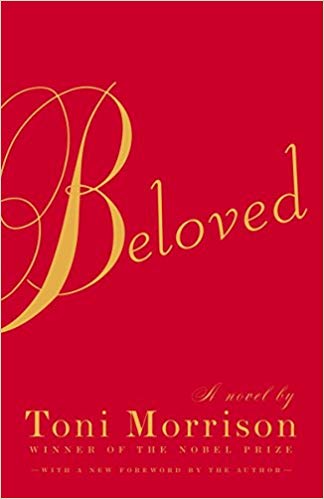 Anything by Toni Morrison, but both Beloved and Song of Solomon have stayed with me for their personal-meets-mythic/biblical narratives.
Anything by Toni Morrison, but both Beloved and Song of Solomon have stayed with me for their personal-meets-mythic/biblical narratives.- White Teeth by Zadie Smith, which (among many other themes) offers complex views on religious differences in family dynamics.
- Homegoing by Yaa Gyasi crosses continents to lament the legacy of slavery both in North America and in Africa.
- Stay With Me by Nigerian author Ayobami Adebayo struck me for framing relationship choices within context (what we think of as ‘conservative’—monogamy—is wildly progressive for the protagonists) and for the devastating impact of religious beliefs on a woman’s body and mental wellbeing.
Further Reading:
- Stand Your Ground: Black Bodies and the Justice of God by Kelly Brown Douglas
- We Gon’ Be Alright by Jeff Chang
- Our Lives Matter: A Womanist Queer Theology by Pamela Lightsey
- I May Not Get There with You by Michael Eric Dyson
- Ta-Nehisi Coates’s Black Panther run
- The Underground Railroad by Colson Whitehead
- The Sellout by Paul Beatty
- Children of Blood and Bone by Tomi Adeyemi
- The Broken Earth series by N.K. Jemisin



